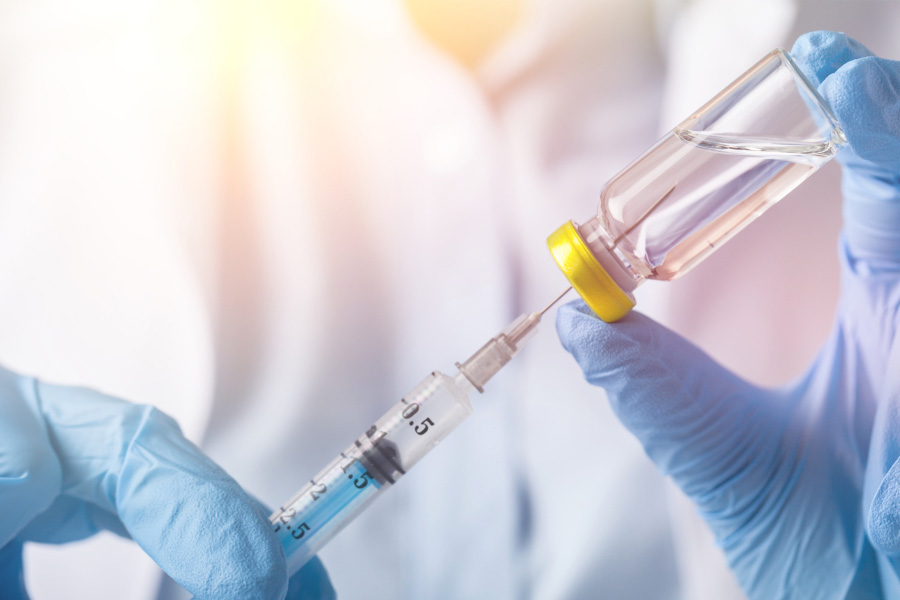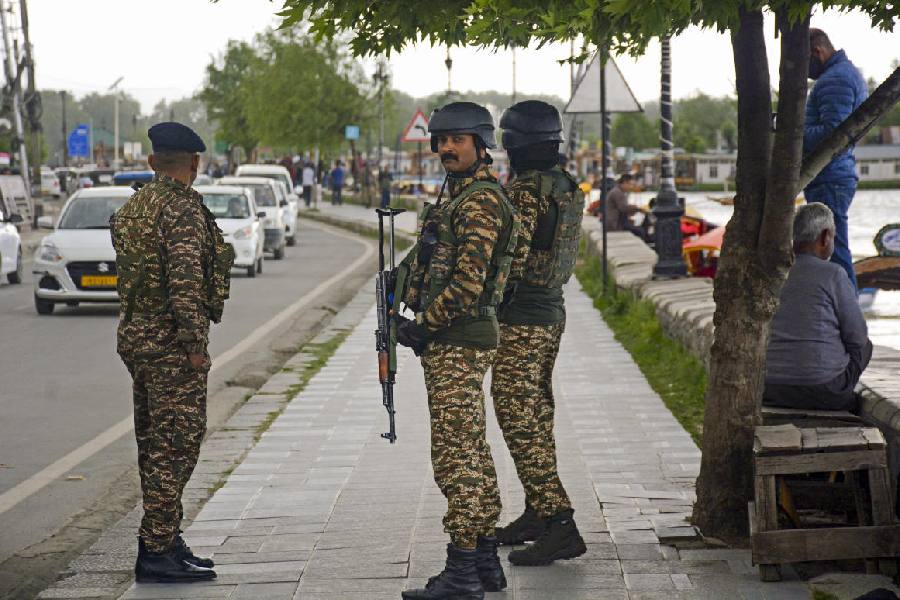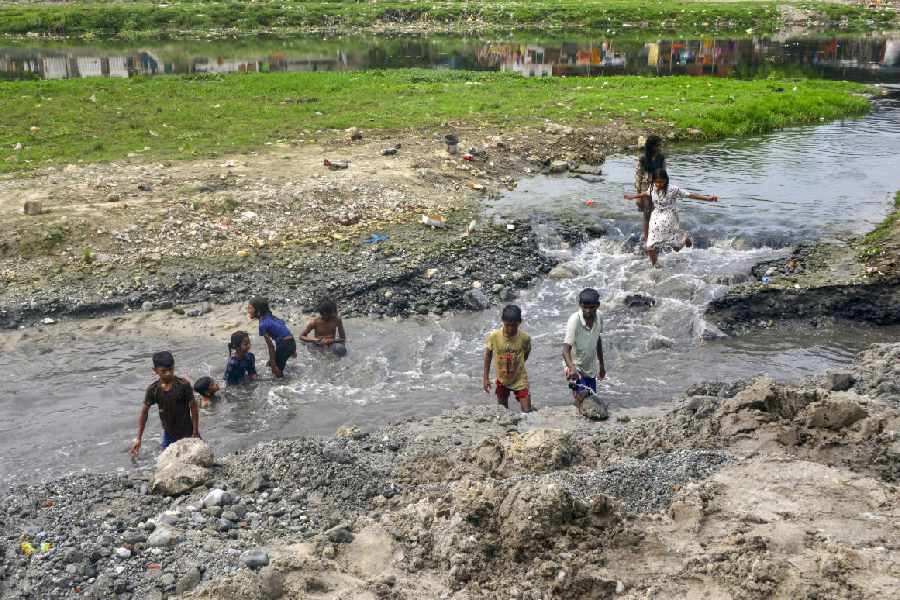The government has developed a digital platform -- ZooWIN-- for real-time monitoring of anti-rabies vaccine and anti-snake venom stocks, and their administration to beneficiaries across the country.
The platform, which will function on the lines of Co-WIN and U-WIN, will centralise information and enhance collaboration among healthcare providers, municipal authorities and veterinary services.
It will be launched as a pilot programme in Delhi, Madhya Pradesh, Assam, Puducherry and Andhra Pradesh, official sources said.
Every year, rabies claims over 60,000 lives globally, with India alone accounting for nearly 36 percent of those deaths, according to the UNDP. The country also witnesses approximately 50,000 fatalities due to snake bites each year.
The portal has been developed by the National Centre for Disease Control (NCDC) through its Centre for One Health with the technical support of the United Nations Development Programme (UNDP).
To further enhance access to rabies and snake bite related information and treatment, the NCDC in collaboration with UNDP India had launched a dedicated helpline --15400 -- last year in these five states.
The ZooWIN platform leverages the digital architecture of the Electronic Vaccine Intelligence Network (eVIN) and U-WIN platforms which are currently functional across India under Universal Immunisation Programme (UIP) of the Union Health Ministry for vaccination of children and pregnant women, an official source said.
"The primary aim of ZooWIN is to ensure availability of anti-rabies vaccine (ARV), anti-rabies Serum (ARS) and anti-snake Venom (ASV) in health facilities through real-time monitoring and to ensure the timely administration of the ARV, ARS and ASV doses to animal and snake bite victims through real-time-tracking and follow up," the official source explained.
It will also help people in rural and underserved areas locate health centres with anti-rabies vaccines or snake bite anti-venom.
"The objective is to ensure the full compliance of the anti-rabies vaccination schedule and also to see that all doses of the rabies post-exposure prophylaxis regimen are administered in a time-bound manner," the source stated.
Recently, a one-day training was conducted for State Health Officials from these states and UT in the national capital on March 28. Further, training at state and district levels will be conducted shortly on the IT platform before its actual implementation.
"In India, inadequate public awareness, low vaccination coverage for dogs and a limited post-exposure prophylaxis facilities have contributed to a persistent rabies crisis. It is especially prevalent in areas where frequent human interaction with stray or domesticated dogs occurs," the UNDP stated.
Last year, the Union Health ministry launched the "National Action Plan for Prevention and Control of Snakebite Envenoming" (NAPSE) with efforts focused on prevention, education, and management of snake bites so that disabilities and deaths due to snake bites can be reduced by half by 2030 in India through "One Health" approach.
According to NAPSE, in India, approximately 50,000 fatalities result from an estimated 3 to 4 million snake bites each year, representing roughly half of all global snakebite-related deaths.
Only a small proportion of snake bite victims across countries report to clinics and hospitals and actual burden of snake bite is grossly under-reported, the document said.
According to the Central Bureau of Health Investigation (CBHI) reports (2016-2020), the average annual frequency of snakebite cases in India is around 3 lakh and about 2,000 deaths occur due to snake bites.
In November last year, the ministry urged all states to make snake bite cases and deaths a "notifiable disease" under relevant provisions of the State Public Health Act or other applicable legislation making it mandatory for all government and private health facilities (including medical colleges) to report all suspected, probable snakebite cases and deaths.
Except for the headline, this story has not been edited by The Telegraph Online staff and has been published from a syndicated feed.










